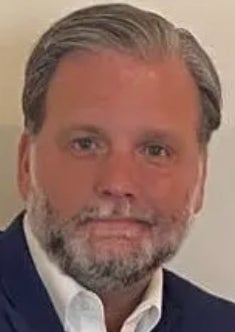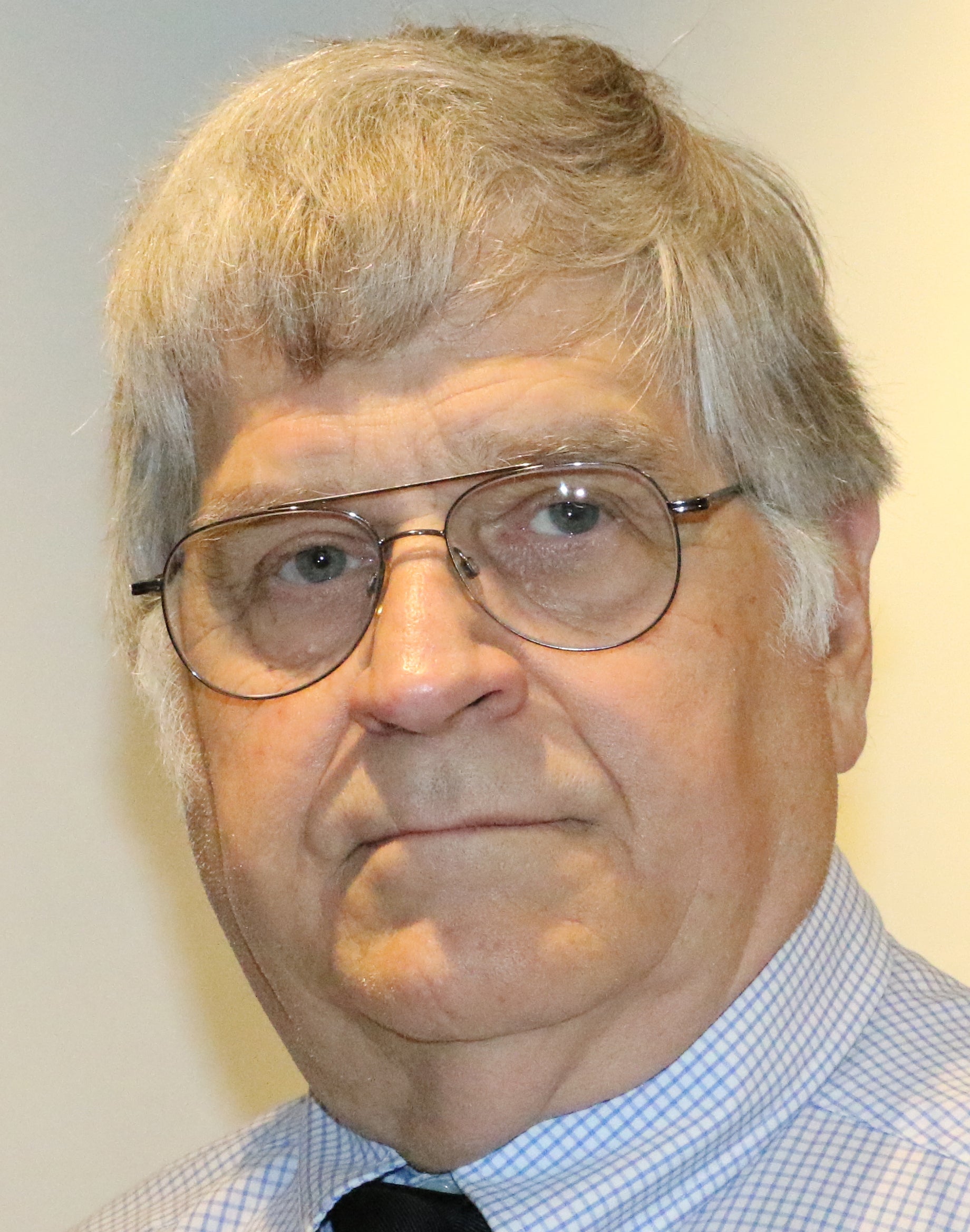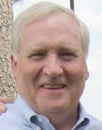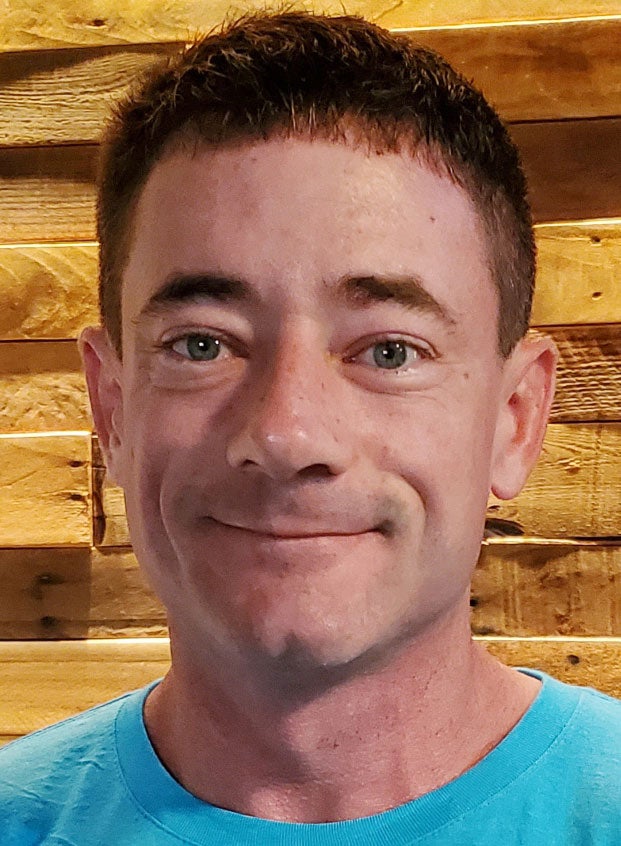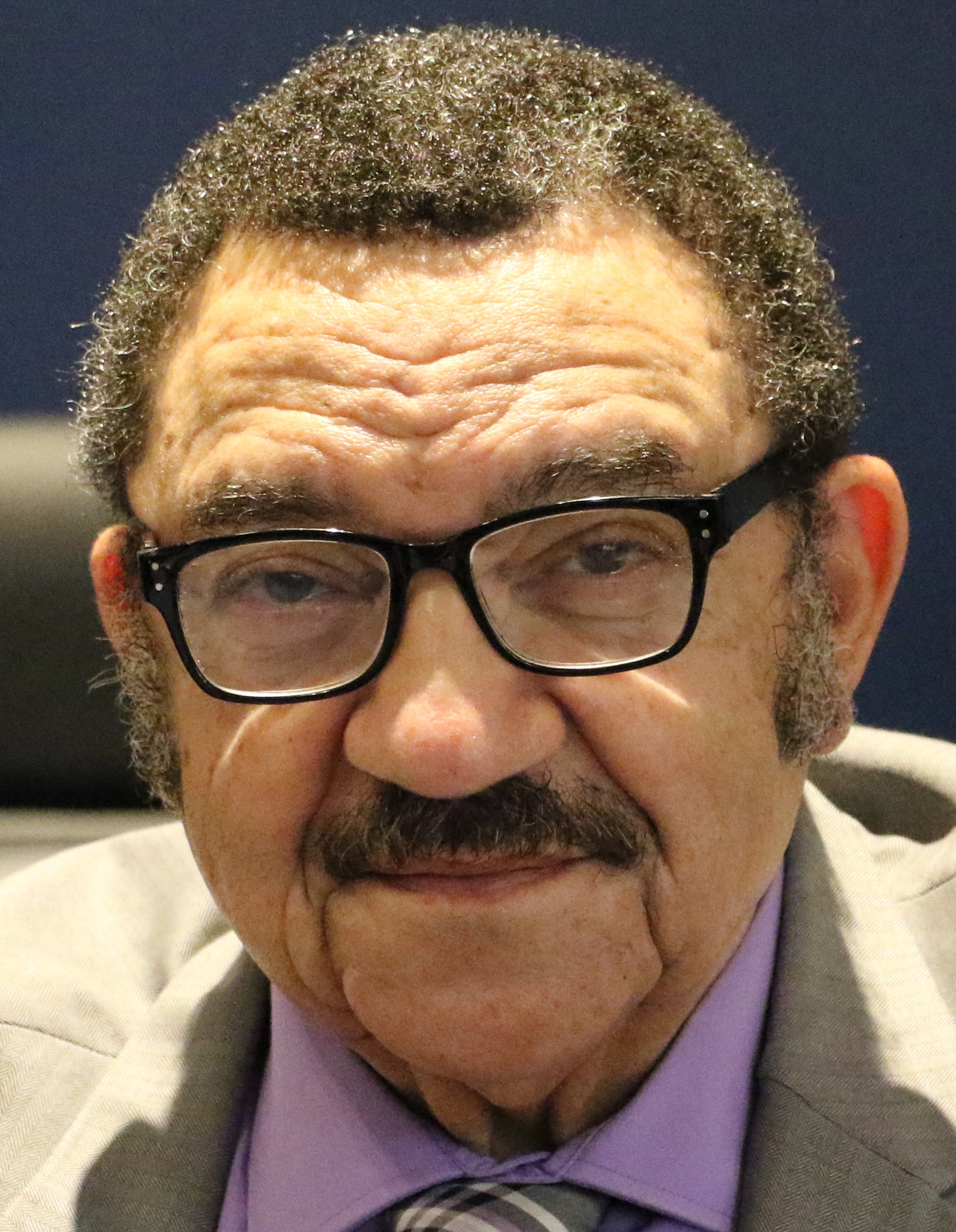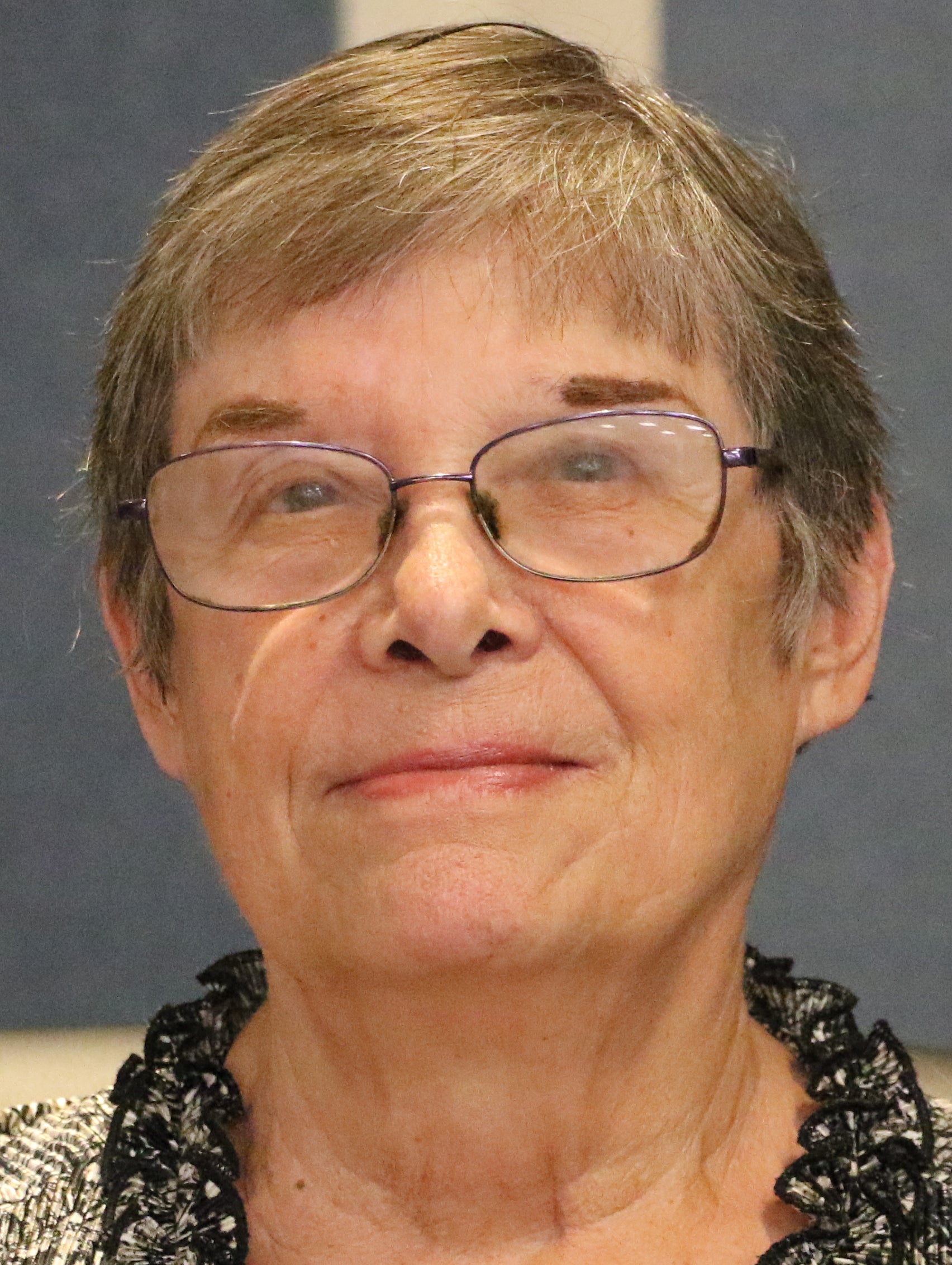Supervisors share views on solar, related bills
Published 2:22 pm Friday, February 9, 2024

- (Photo courtesy of Metro Creative Graphics Inc.)
|
Getting your Trinity Audio player ready...
|
Members of the Southampton County Board of Supervisors recently shared their thoughts on a pair of bills in the Virginia legislature that propose allowing the state to overrule county-level rejections of new solar projects.
The supervisors also provided their thoughts on solar opportunities in general.
As previously reported by The Tidewater News, House Bill 636 would create an approval process for projects capable of generating 50 or more megawatts, which would be overseen by the State Corporation Commission rather than local governing bodies. Should a project meet the SCC’s to-be-determined criteria but be denied approval by its host locality, the project’s developer would be authorized under the legislation to appeal the local vote to the SCC.
According to the House bill’s sponsor, Del. Richard “Rip” Sullivan, D-Fairfax, the bill aims to achieve benchmarks the General Assembly established four years ago with the passage of the Virginia Clean Economy Act, which mandates Dominion Energy transition to 100% carbon-free energy sources by 2045. State Sen. Creigh Deeds, D-Charlottesville, is sponsoring Senate Bill 567, the Senate version of Sullivan’s bill.
The 2020 Virginia Clean Economy Act requires that at least 16,100 megawatts — or just under two-thirds of the state’s electricity — come from solar or offshore wind farms by the end of 2035.
“We need to find some way to implement this statewide policy and goal that we’ve set for ourselves,” Sullivan told The Tidewater News in a Jan. 16 phone interview.
Central District Supervisor Dr. Alan W. Edwards, who is chairman of the Southampton County Board of Supervisors, had the subject of House Bill 636 added to the agenda of the board’s Jan. 23 meeting and spoke about it briefly there, saying there are “two bills in our Virginia legislature saying that solar farms will be up to the state, bypassing all county regulations, bypassing your Planning Commission and your Board of Supervisors.
“The House bill was proposed by a Del. Sullivan, who is a Democrat from Fairfax, and I think that’s where the impetus for these situations are going — somebody in northern Virginia wants to tell us how to live,” Edwards added.
Though he noted that he did not know how much good it would do, he said he thought “it would be a good idea to have a resolution (at) the next meeting. This board will discuss whether we support opposition to (the bills) or not.”
He asked Southampton County Administrator Brian S. Thrower to draft a resolution.
“I’ll work with our planning director, and if y’all have any suggested language on that, please feel free to send me that,” Thrower said. “I think generally the state trying to bypass local authority is not a very good thing regardless of the issue, but we’ll put together something for you all to look at next month.”
Edwards then addressed the public about reaching out to state-level elected officials when he said, “If you folks out there want to contact your representative, we already have contacted (them), and maybe if they get a lot of phone calls, they’ll get the message.”
ALAN W. EDWARDS’ PERSPECTIVE
Edwards had shared some of his thoughts on the bills during the Jan. 23 meeting, but he expanded on them in a Monday, Jan. 29, interview.
He said the bills take the decisions on solar projects “completely out of our hands, which is ridiculous, and the Virginia system is set up so there’s certain things the state can do and there’s certain things that the localities can do, which is the Dillon Rule, and this, I think, violates that and makes it obsolete, which is bad.
“And what’s coming next down the line as far as central control is concerned?” he added.
With regard to his overall view on solar, he said it is basically that the U.S. needs to learn from Europe.
“Europe is getting away from solar,” he said. “They’re getting away from windmills. Europe is going with natural gas, and Europe is going with medium-sized nuclear facilities, which I think is what this country needs to do.
“Solar is inefficient, works only 40% of the time, you can’t store the energy, the energy that it produces is more expensive than the regular energy we have, and also I think the real crime is eating up valuable farmland,” he continued.
He said, “In Southampton County, I think everybody is probably aware we’re right in the middle of a swath of probably the best row crop land in the country that’s 25 miles wide — it starts at Colonial Beach and comes right through the middle of Southampton County.”
Edwards also said that another problem associated with solar projects is the decommissioning process. He brought up the question of who will be responsible for funding that, and he said engineers the county’s Planning Commission has talked to said it would cost five times more to tear down solar farms than it would to manufacture and set them up.
He said he has just not seen solar projects as a solution.
WILLIAM HART GILLETTE’S PERSPECTIVE
Northwest District Supervisor and Board Vice Chairman William Hart Gillette said he sees House Bill 636 as overriding decisions that localities have made.
“It’s a dangerous precedent, in my opinion, to set it up that way where they can go around previously thought-out ordinances by the county Planning Commission,” he said.
He noted that in Southampton County, there have been multiple public hearings on the issue of solar projects and the process of crafting a solar ordinance for the county had been going on for quite some time.
“I think they did an excellent job, the Planning Commission, in doing the research that was needed to produce that ordinance, and I support that ordinance and voted to support it, to adopt that new ordinance,” he said. “I realize it’s one of the strongest stances in the state of Virginia as far as land use is concerned, and being the agricultural county that we are, I am 100% against House Bill 636.”
As for his overall take on solar, he said, “Solar has proven to be extremely costly to the average consumer, and to take our agricultural land that supports so many jobs and have huge subsidies thrown out there to implement it, the numbers don’t add up for me in terms of supporting jobs in our county and also lowering the average electric bill for the consumer in our county. The math just doesn’t work.”
He said that consumers’ monthly bills are going up, and that is the reason he is not in support of solar.
“The other concern is reclamation of the land at the end of a contract, because there hasn’t been a project that has ended yet, and nobody knows what’s going to happen when that’s over,” he said, alluding to a potential of bankruptcies being in play.
CHRISTOPHER D. CORNWELL SR.’S PERSPECTIVE
Northeast District Supervisor Christopher D. Cornwell Sr. said Monday, Jan. 29, that he has not read House Bill 636 and Senate Bill 567 in their totality, though he intends to, but he shared his thoughts based on his general understanding of the two pieces of legislation.
“I’d be vehemently against any type of state intrusion at the local level for any reason, honestly,” he said. “I think it’s an intrusion beyond that which is healthy for these purposes, really. I think it’s an overstep.”
He said he does not think state intrusion at the local level is how the government is set up or how it is intended to operate.
“I think that it was established and set up by our founding fathers to function a certain way — the state’s in charge of what they’re in charge of and the local government’s in charge of what we’re in charge of for a reason, and I think when we start meddling with that with various intrusions of certain natures that we are subject to and opening ourselves up to trouble,” he said.
In reference to solar overall, Cornwell said he thinks it has its place.
“I don’t think Southampton County is that place,” he said. “Farming and agriculture and forestry being our largest industry, land being our biggest asset, I don’t think it’s the best utilization of it at all for us in the county. And for those reasons, I have not been a supporter of it coming to our county.”
He said solar projects would take up so much of the natural resource that the county depends on so heavily for other uses — land.
CARL J. FAISON’S PERSPECTIVE
Southwest District Supervisor Carl J. Faison said up front in a Tuesday, Jan. 30, interview that he is for clean energy.
“With the catastrophic weather events we’ve been having, we need to do something to protect our environment, so I guess you would say, if I say where I am (on the solar bills), I’m not at either extreme.
“But I think we need regulation, and I think we need cooperation between state and local governments, because I don’t think we can just blanket say, ‘We don’t want solar energy,’” he continued. “We have to go to clean energy. I don’t believe it’s a matter of us just kicking that to the curb because of what we’re doing to our environment.
“But now I believe in the local government having a lot of control over what goes on in the locality, but I recognize that we have some things we just have to move toward,” he added. “Clean energy is not something that’s going away, and we are either going to be a part of it or left behind, so what we have to do is figure out how we’re going to be a part of it, incorporating as much as possible, but trying to maintain as much local control as possible.”
He said he would not be altogether in lockstep with a resolution wholly opposing HB 636 and SB 567.
“I just hope we can come to some median where cooperation is better than not cooperating at all,” he said, “because in the long run, the state can take over if they vote to do so. So I think that if we can look to ways that we can cooperate and do this responsibly, I think that’s our best route.”
LYNDA T. UPDIKE’S PERSPECTIVE
In a Monday, Jan. 29, interview, Southwest District Supervisor Lynda T. Updike said, “I think the bills will open up Pandora’s Box, because if you bypass the Planning Commission and the Board of Supervisors on one thing, you can bypass it on another.
“For instance, our solar ordinance, which I’m very thankful we have, determines setbacks or landscaping or whatever,” she added, “and if they bypass the Planning Commission and the Board of Supervisors, then anybody can do anything.”
In terms of solar in general, Updike is open to certain applications.
“I’d like to see warehouses have solar on them,” she said. “Schools have solar, and that would certainly reduce the electric bills for schools, for businesses and even for homes. I’ve thought about checking it out to put solar on an outbuilding on the farm.”
She said, “We have so many roofs that would suffice as a solar farm and generate enough electricity to run that building, and the surplus would go out into the network.”
She noted that she had solar put on her house back in the 1980s to heat her water.
“The water is circulated onto my roof and the sun heats the water, and my water heater doesn’t kick on unless we have several cloudy days, and your water heater is a third of your electric bill,” she said.
But Updike would not want solar projects to take up valuable farmland.
“At some point, we’re going to have to feed the world,” she said. “We’re going to have to feed ourselves generations to come, and we don’t need to take up all our land with solar, and it’s so inefficient anyway.”
ROBERT T. WHITE’S PERSPECTIVE
Southeast District Supervisor Robert T. White said in a Jan. 29 interview that he is completely against HB 636 and SB 567, noting that he believes any kind of decision like those regarding the acceptance or denial of a solar project should be made by the locality and not the state.
“That’s why you have a Board of Supervisors and a Planning Commission, because they know what’s best for their locality and local area,” he said. “I’m against both of those bills.”
When it comes to solar projects in general, White said he does not like them, but he is not totally against them.
“I think in the right spot, they’re fine, if you’ve got some bad farmland or something that they would be suitable on,” he said.
He cited an example in the Roanoke Rapids area of solar panels being placed at an abandoned airport, and he noted that he thought this was a good idea.
“But as far as taking productive farmland or productive timberland and putting solar panels (there), I don’t think it’s a good idea,” he said. “That’s kind of where I’m at on them.”
He said he does believe there could be suitable spots for solar projects in Southampton County, generally referencing land that is not great or high-production farmland.
“I think it wouldn’t hurt to look at our solar ordinance and maybe try to figure out a way to work in these spots that would be suitable for solar,” he said.


